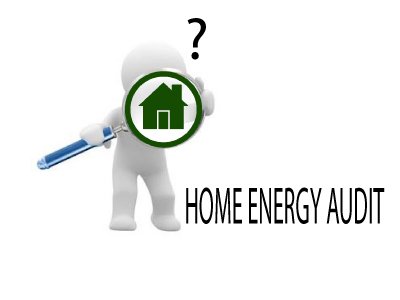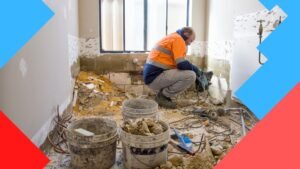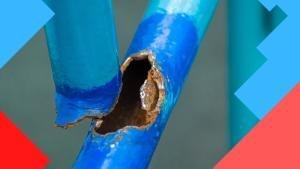How To Get A Home Energy Audit
A home energy audit will help you, the homeowner, pinpoint problem areas in your home where you are losing or wasting energy. The audit should also let you know where you can save money on your home’s energy bills.
It is strongly recommended that homeowners engage the services of a professional home energy auditor to conduct this audit.
A professional energy assessment will go into great detail to make an accurate assessment of your home’s energy use. An energy auditor should perform a room-by-room examination of your home, and should thoroughly examine your past year’s worth of utility bills. A professional energy assessment should include a blower door test. Most will also include a thermographic scan. There’s also another type of test — the PFT air infiltration measurement technique — but it is rarely offered.
PREPARING FOR AN ENERGY ASSESSMENT
Before the energy auditor visits your house, go through your home and make a complete list of any existing energy problems such as condensation and uncomfortable or drafty rooms. Assemble copies or a summary of the home’s yearly energy bills. You can get these from your utility company. The auditor will use this information to determine what to look for during the audit. The auditor will first examine the exterior of the home to determine the size of the house and its features (i.e., wall area, number and size of windows).
The auditor then will analyze the habits of the home’s residents for a number of issues:
- How many people are at home during the working day?
- How is the thermostat set in summer and winter?
- How many people live in this home?
- Is every room in the house used?
The answers you provide the auditor will help uncover some of the ways you might be able to reduce your household’s energy consumption. Accompany the auditor and walk through your home as they work. Don’t be shy to ask questions as you think of them. Auditors use a variety of equipment to detect sources of energy loss, such as blower doors, infrared cameras, furnace efficiency meters, and surface thermometers.
ELEMENTS OF A HOME ENERGY AUDIT
A certified home energy auditor should do the following:
- Analyze your past year’s fuel bills to determine your base energy consumption.
- Interview you (the homeowner) to learn about how your home operates and any problems that you know exist.
- The auditor should explain the auditing process to you.
- An exterior inspection and an interior inspection should be conducted.
- A health and safety inspection should be conducted.
- Your electrical system should be conducted to address safety issues.
- An inspection of your combustion appliances should be conducted.
- A blower door test should be conducted.
FINDING AND SELECTING AN ENERGY AUDITOR
There are several places where you can locate professional energy assessment or auditing services.
- State or local government energy or weatherization offices can help you select a company or organization in your area that performs audits.
- Your local gas or electric utility company may conduct residential energy assessments or recommend local auditors.
- Do a Google search using the search term “home energy audit” to find companies that perform residential energy assessments in your local area.
- Access the Residential Energy Services Network to get a directory of certified energy raters and auditors in your neighborhood.
Before you make a deal with an energy auditing company, take the following precautions:
- Obtain references, and contact them. Make sure they were satisfied with the work.
- Call the Better Business Bureau and inquire if the company has received any complaints.
- Make sure the energy auditor has a calibrated blower door and will use it during your audit.
- Make sure the audit company does thermographic inspections. If not, contract another company to conduct one.The auditor should then analyze the findings and create a comprehensive home energy report which you can use to monitor and track your energy use in the future.




